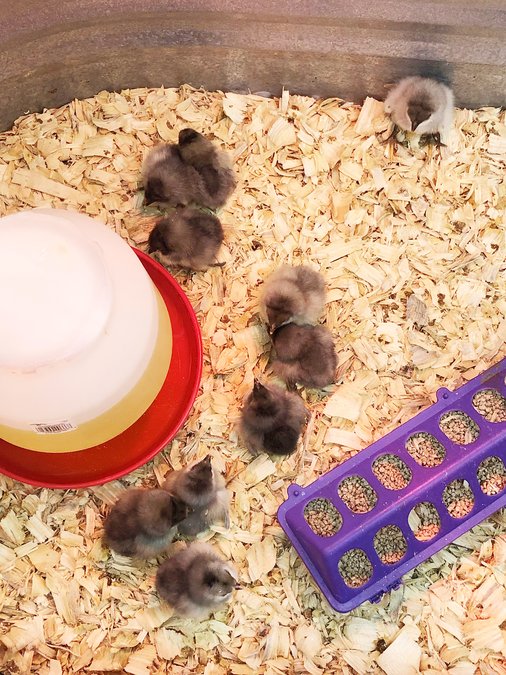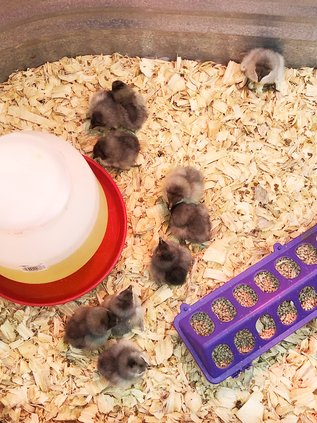Diabetes is the signature cause of Lions clubs around the world, as well as right here in Barton County. The Great Bend Evening Lions Club last week presented diabetic emergency kits to area schools.
In all, 14 of the kits went to schools in Great Bend and four to schools in Hoisington, said club member and project organizer Stan Jantz. “These are for nurses or students to use.”
The kits include snacks and other items for students with blood sugar issues or in some other form of diabetic distress, he said. However, they do not include insulin or other medications.
Approximately 293,860 people in Kansas, or 12.6% of the adult population, have diabetes, according to the American Diabetes Association. Of these, an estimated 69,000 have diabetes but don’t know it, greatly increasing their health risk.
Nationally, 30.3 million people, or 9.4% of the U.S. population, have diabetes, the ADA notes. An estimated 23.1 million people, or 7.2% of the population, have been diagnosed with diabetes.
But, this is also a global issue. Lions Club International has partnered with the International Diabetes Federation to fight this disease.
In March 2018, Lions Clubs International and the International Diabetes Federation signed a memorandum of understanding, on the occasion of Lions Day at the UN, to establish a cooperative alliance in the global fight against diabetes.
The two organizations came together to help prevent diabetes and improve the quality of life for those living with diabetes worldwide, a joint statement reads.
According to the IDF, In 2019:
• Approximately 463 million adults (20-79 years) were living with diabetes; by 2045 this will rise to 700 million.
• The proportion of people with type 2 diabetes is increasing in most countries.
• 79% of adults with diabetes were living in low- and middle-income countries.
• 1 in 5 of the people who are above 65 years old have diabetes.
• 1 in 2 (232 million) people with diabetes were undiagnosed.
• Diabetes caused 4.2 million deaths.
• Diabetes caused at least USD 760 billion dollars in health expenditure in 2019 – 10% of total spending on adults.
• More than 1.1 million children and adolescents are living with type 1 diabetes.
• More than 20 million live births (1 in 6 live births) are affected by diabetes during pregnancy.
• 374 million people are at increased risk of developing type 2 diabetes.








